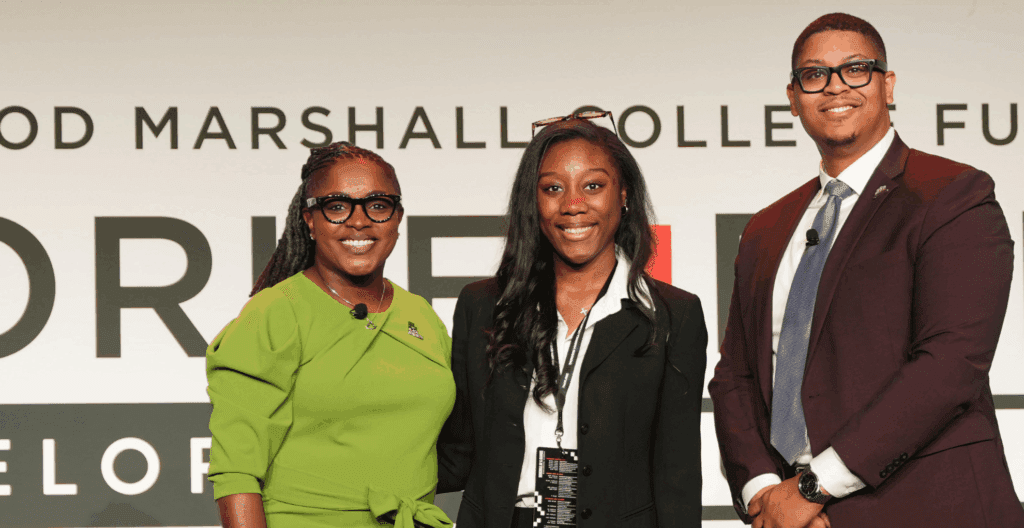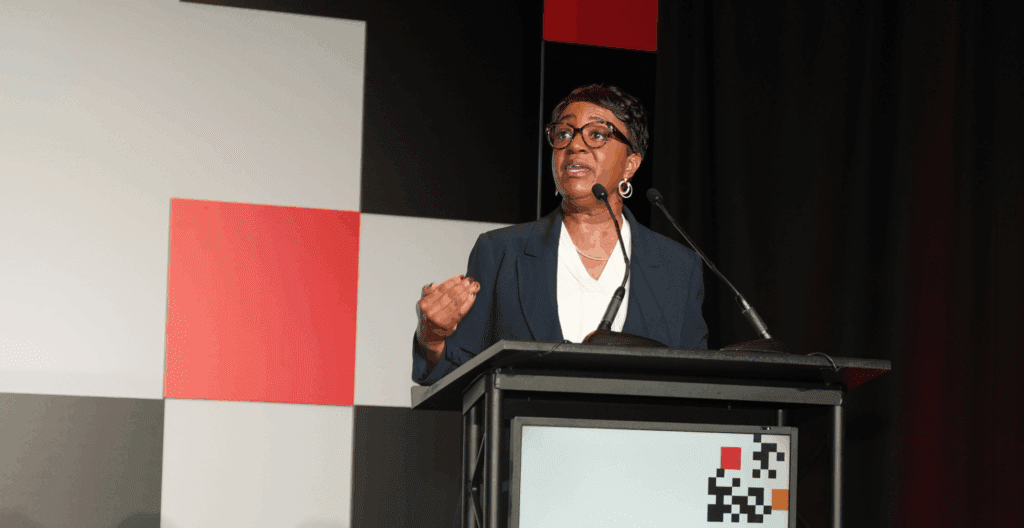In May of 1954, the U.S. Supreme Court delivered the opinion on Brown v. Board of Education, concluding separate educational facilities for Black and white students were inherently unequal. Thurgood Marshall, whose name the Thurgood Marshall College Fund (TMCF) rests, argued the case along with the NAACP Legal Defense and Education Fund.
While the task of desegregating schools was painful and slow, with resistance and federal enforcement along the way, the effects of this landmark ruling are evident 70 years later. Schools remain divided along racial, ethnic and economic lines and the impact of losing Black teachers and administrators is still felt today.
Despite unintended consequences, Thurgood Marshall’s victory in court is emblematic of the importance of fighting for an equal and equitable opportunity in all areas of life, including the fundamental right to an education.
“In 1954, Justice Marshall argued to allow Black students adequate facilities and accommodations,” Dr. Harry L. Williams, president and CEO of TMCF, said. “Today we still find ourselves fighting for adequate facilities and resources for the Black college community as we work with state and federal legislators on correcting the massive historic underfunding of these institutions.”
In the spirit of Thurgood Marshall, TMCF has worked to transform the lives of students and make a substantial differencein the educational and professional landscape since 1987 as the nation’s largest organization exclusively representing the Black college community. While much work remains, TMCF continues to advocate and support students and institutions at historically Black colleges and universities (HBCUs), historically Black community colleges (HBCCs) and predominantly Black institutions (PBIs).



